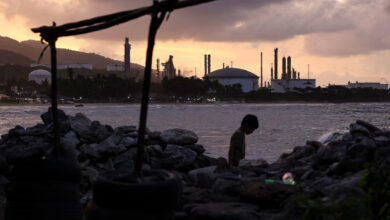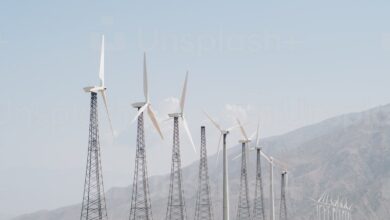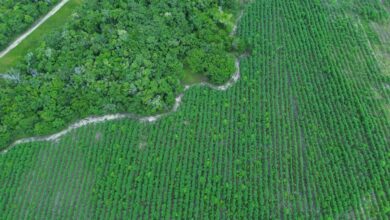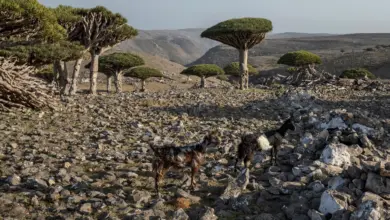It is the responsibility of environmentalists and scientists to put issues related to the environment in Egypt on the forefront of the political agenda. The key to integrating the environmental dimension into decision making is to show how closely environmental issues affect the everyday lives of all Egyptians.
As argued in part I, dealing with environmental issues in Egypt will demand a close collaboration between the ministry of environment and many other ministries, as well as a sound scientific approach to problem solving.
One good example is energy, which has immediate effects on the lives of Egyptians and many environmental implications. From an environmental point of view, there are two important points: we need to carefully choose the sources of energy we use as well as put utmost effort into saving the energy we have.
In the near future, there must be a clear focus on the use of renewable, clean and non-polluting sources of energy instead of non-renewable, polluting fossil energy sources.
But even non-polluting renewable energy sources such as wind energy could pose some problems. There is currently a debate among scientists concerned with biodiversity conservation on the effects of wind farms situated along bird migration routes, particularly relating to the fact that the farms might act as obstacles hindering and possibly killing migratory raptors and other large birds.
In this respect, Egypt is one of the most important countries worldwide; its Red Sea coast receives millions of migratory birds every spring and autumn. It is along that same coast that many wind farms are planned. In view of the uncertainty regarding the effect of wind mills upon the safety of migratory birds, especially raptors and other large birds, immediate action should be taken to halt wind farm projects on the major migratory routes along the Red Sea coast, particularly at Gabal al-Zeit, until further studies are carried out. Meanwhile, other less vulnerable sites should be sought and solar power should be invited to compete with wind farm projects.
Since solar energy seems to be much more environmentally friendly on many levels, in a country where the sun shines an average of 350 days per year, investments into research on solar energy usage for heating and electricity generation should therefore be a national priority. Along the same lines, there should also be a focus on research and application of innovative solutions for saving energy, such as energy-saving architecture, industries and means of transport.
Environmentalists and scientists hope that with a democratically-elected parliament, the environmental cause will be a decisive factor, and both the environmental agenda and the economic agenda will be placed on equal footing. This could happen only if members of parliament belonging to various political parties understand the importance of these issues and integrate them into their own agendas.
Since most political parties are not addressing environment or sustainability — or they at least are not considering them a priority — the most practical way might be to create an environmentalist think tank which would form a lobby. The think tank could give advice, provide solutions and keep a close watch on how environmental issues are integrated in the overall political socio-economic framework, to ensure that sound decisions are made and that much-needed sustainability is duly respected.




